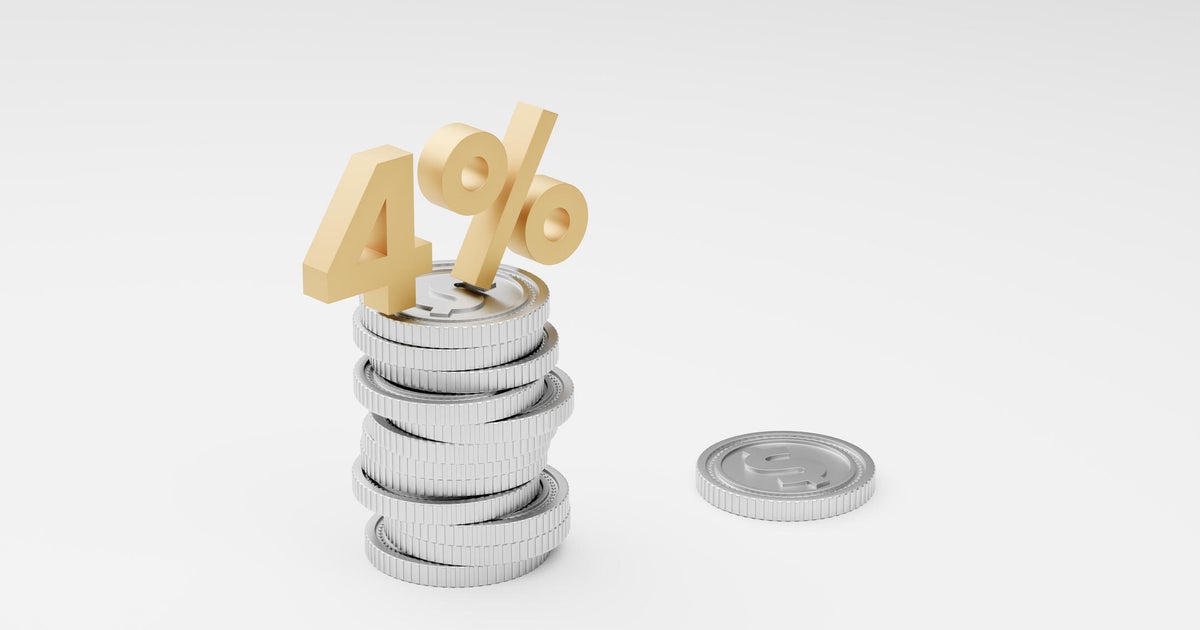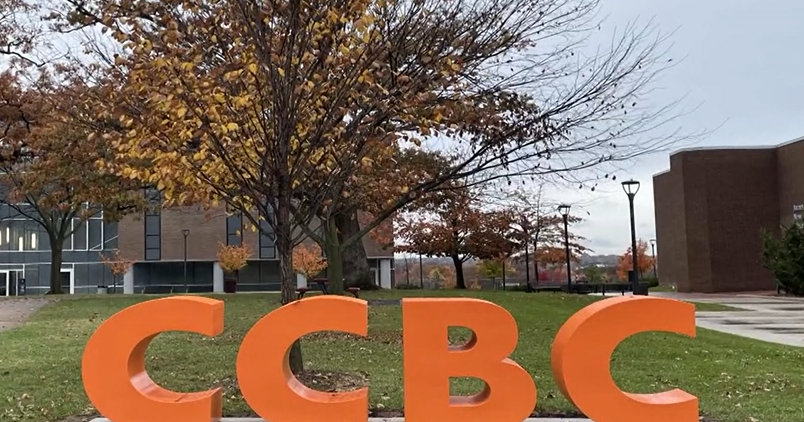6 great ways to lower your student loan interest rate
College is expensive, and many students find themselves turning to student loans to help pay for it. Student loans can help you get through school, but they can also leave you with long-term debt obligations you'll be repaying for years after you graduate.
Fortunately, there are steps you can take now to set yourself up for an easier financial future. One of the most important is ensuring you get the lowest interest rate possible on your student loans. The lower your rate, the less you'll pay in total.
Start exploring your student loan options here.
6 great ways to lower your student loan interest rate
Consider the following strategies when weighing your student loan options to secure a lower interest rate.
Apply for free financial aid
The less you need to borrow with a student loan, the lower your interest rate is likely to be, and the less interest you'll be charged. So, before you take out any loans, look into all available funding options that don't charge interest.
Financial aid programs such as scholarships, grants and work-study programs can help cover your college expenses. And, better yet, they don't need to be repaid. So, apply for every program you qualify for to reduce the amount you must borrow to begin with.
Exhaust your federal student loans first
Federal student loans often have lower interest rates than private ones. These rates are fixed throughout the loan's life, making it easier to plan your payments. Plus, they offer a myriad of repayment, forbearance and forgiveness options, which can be a lifesaver if you find yourself facing financial hardship down the road. Be sure to max out your federal loan borrowing abilities before turning to private loans.
Improve your credit score
If you still have a funding gap after exploring the above options, it's time to consider private student loans. These loans have higher borrowing limits than federal loans and can help cover any remaining costs.
One of the significant factors that will affect your private student loan interest rate is your credit score. Federal student loans are need-based and don't require a credit check, but private loans do. So, the higher you can get your score, the better the rate you'll qualify for.
You can boost your credit score by paying down outstanding debts, making payments on time and checking your credit report for errors.
Get a cosigner
If your credit score is low, having a cosigner could help you qualify for a better rate. A cosigner is someone who agrees to repay your loan if you are unable to. A cosigner with a good credit score makes your loan less risky to lenders, so they're more likely to approve your loan and at better rates and terms.
That said, cosigning a loan is a big responsibility to ask of someone. So be sure you'll be able to afford your loan payments to avoid putting your cosigner in a tough position and potentially harming your relationship.
Find out how much you could borrow with a student loan now.
Shop around
Different lenders offer different interest rates. Therefore, it's crucial to shop around and compare rates to find the lender who offers the lowest one you can qualify for.
Bear in mind, however, that the interest rate isn't the only factor to consider when choosing a private student loan. Make sure you also consider other factors like repayment terms, fees and available repayment plans to find the loan that best fits your needs and budget.
Choose a shorter loan term
Shorter loan terms often come with lower interest rates. If you can afford to make the higher payments that come with these terms, you could save a considerable amount in interest.
The bottom line
A low interest rate on your student loans can significantly reduce the amount you'll have to pay back in the long run. Getting the lowest rate requires investing some time and effort, but it will pay off when your future budget has more breathing room. By following the tips above, you can help cover your college expenses now and put yourself in a better financial position after graduation.




